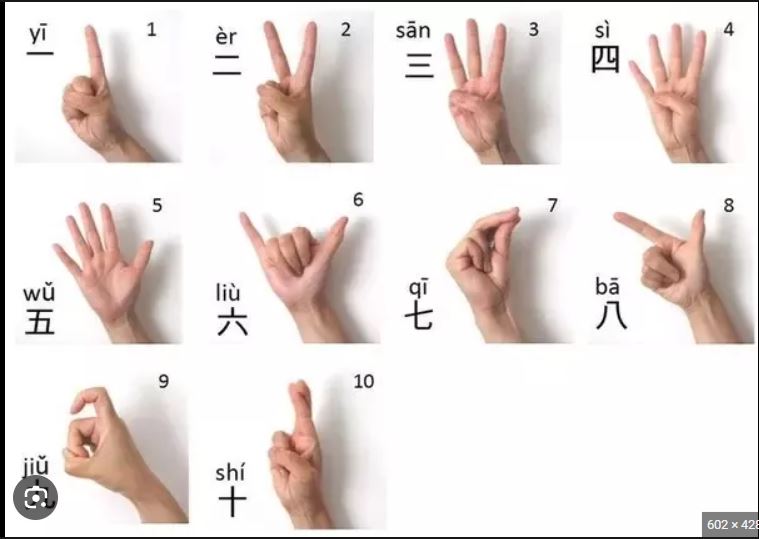
Being deaf abroad- how I navigate my disability
Deciding to learn a tonal language as a deaf person is insanely ironic and hard. For context, I have genetic hearing loss, so as I age, my hearing declines. It’s not “bad” enough to where I can’t understand people talking, but I do have hearing aids (that I don’t wear, but that’s a story for another day). My mom is also deaf with hearing aids, so I learned how to read lips from a young age. In English, I rely on reading lips to understand almost every conversation– and if I’m facing away from someone, it’s hard for me to understand what’s going on. As of right now, there are certain tones I cannot understand at all– like very high pitch sounds, base-y sounds, and low tones. Thus— my interest in learning Mandarin is very ironic— as the language is based on saying the right tones, or you could say some very offensive words. Saying the wrong tones is very common for English speakers learning Mandarin (like Māmā 媽媽 – mother– versus 馬馬 – MǎMǎ– horse), but I am constantly learning Mandarin because of how wrong I am hearing people speak.
In Mandarin, you cannot read lips. Because the language is spoken through your teeth and the curling of your lips/tongue, it’s sometimes impossible for me to understand what people are saying if they’re speaking at too low of a volume. However, because Chinese grammar is structured formulaically, I can often guess if people are asking me a question versus telling me a statement. I often listen to if people are saying “verb 不 verb” ([do you] want/have/feel this thing?), or listen if the sentence ends with “嗎 ma?” which indicates a question. Since living abroad in Taiwan, I have noticed that my capacity to understand questions has increased– but my overall listening skills are much poorer than my speaking ability.
Like listening to English in the United States, I rely on body language to determine how I should react when people speak Mandarin in Taiwan. If I don’t understand something in English, I often try to laugh and nod when people talk (because I feel embarrassed to ask people to repeat things more than three times), or I just nod and smile. While in Taiwan, I also try to read body language or use context clues to determine what needs to happen when someone talks to me, but I often misinterpret or misunderstand what people are trying to ask me. Additionally, Taiwanese Mandarin does not use as harsh tones as Mainland dialects, and a lot of words like “十– Shí– ten” are pronounced softer, like “shh” – also meaning “ten.”
For the first few weeks, I was confused by what words were “new” words I was hearing, or if I was hearing words I’d already learned but hearing them pronounced in a different tone/different word. Adding a hearing disability on top of this learning curve felt insane, and I struggled a lot during my first few weeks listening/speaking in Taiwan. Often, when I would go to buy a boba, I would hear “er shh wu ( 二十五) versus Èrshíwǔ,” and I would stand confused by how much I owed. The clerk would see my visible confusion and signed on their fingers how much I owed. After hearing the difference between Mainland and Taiwanese tones in pronouncing certain words (especially unlearning the harsh “R” sounds that American-Chinese textbooks teach us, imitating a Northern Beijing accent), I started to understand the softer tones in Taiwan.
Similar to the United States, it’s hard to visibly spot deaf people in Taiwan. However, a few weeks ago in Ximen, I noticed a group of older people signing with each other. In the US, ASL uses hand movements and lip reading/enunciation— and I noticed that the people signing were not using their mouths while signing. I watched their interaction in amazement, as I’ve never seen people sign without using their mouths.
When I got home, I looked up the differences between Taiwanese Sign Language and ASL. I noticed some of the sign in Taiwan is specific to how characters look (水- water, or 銀行- bank ). I thought this was so cool, and I hope to learn more as I spend more time here. For now, I’m trying my best to avoid saying “kǒuzhào when I mean to say Kǒujiāo” :)
